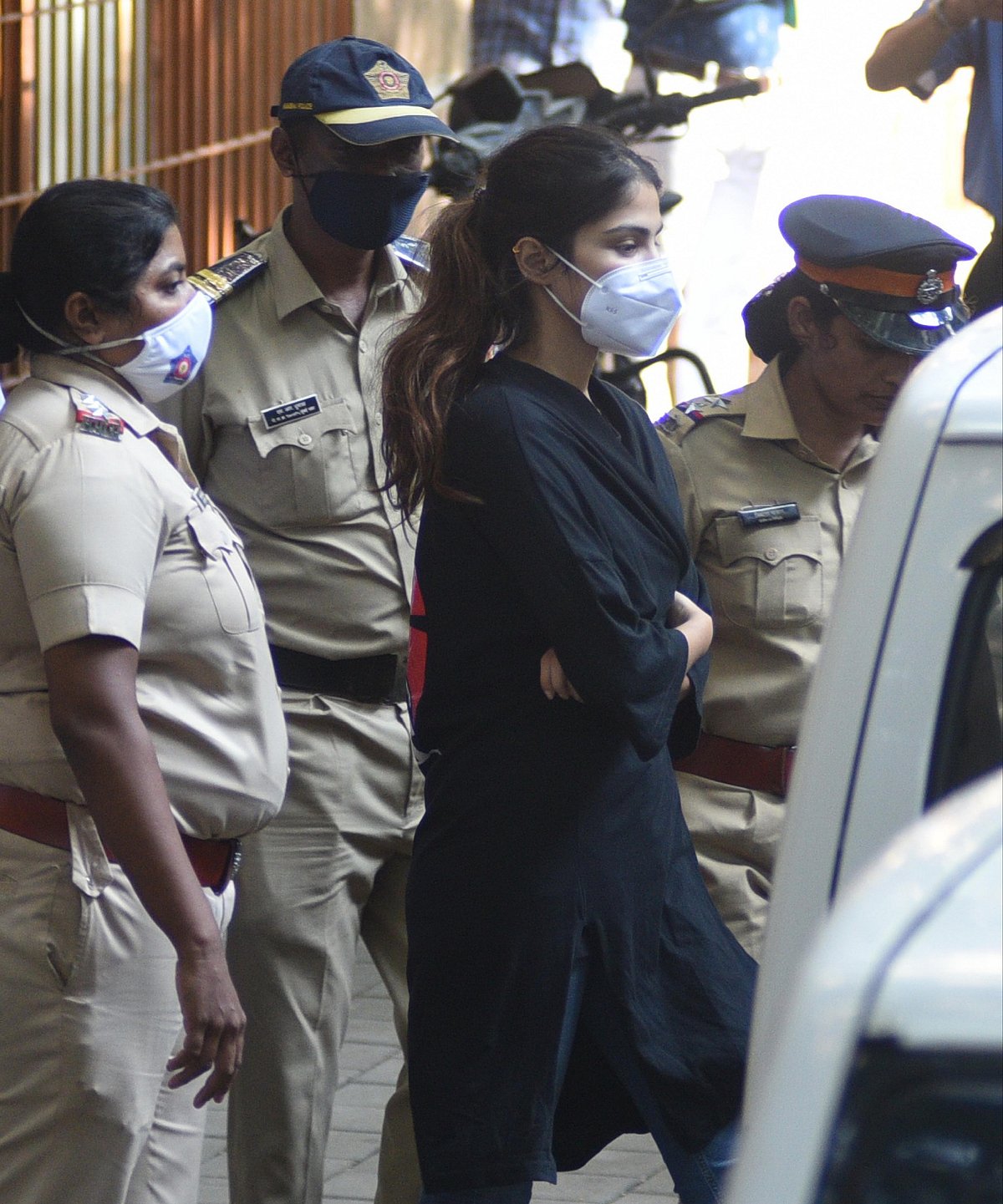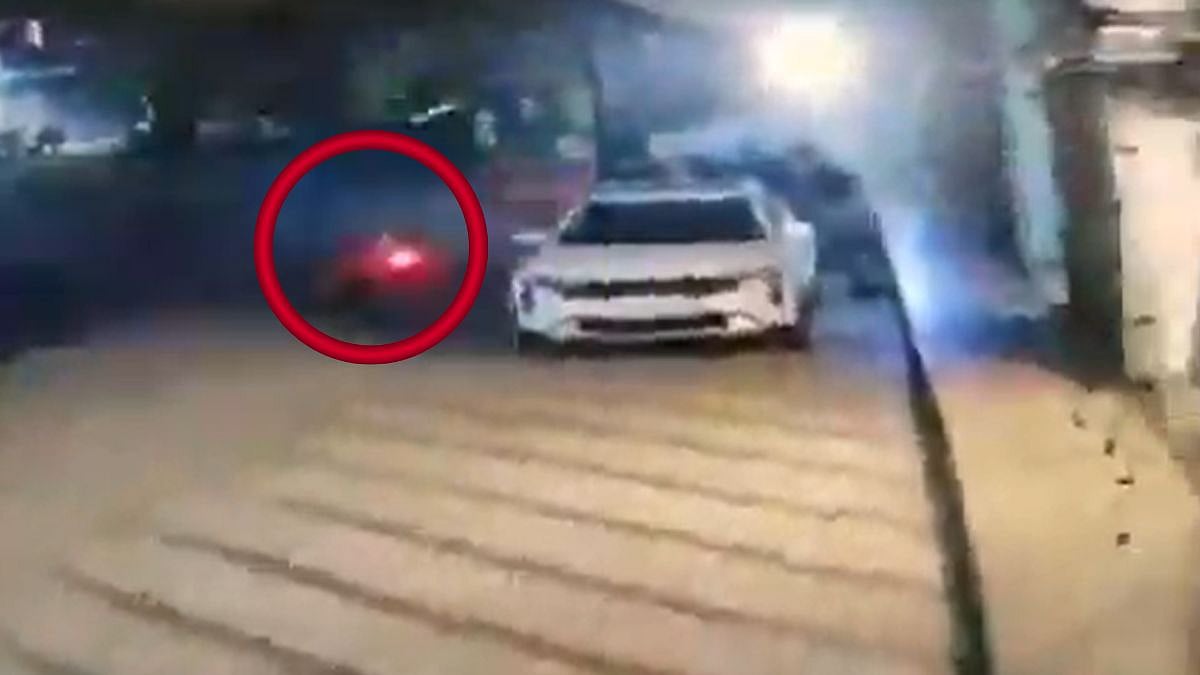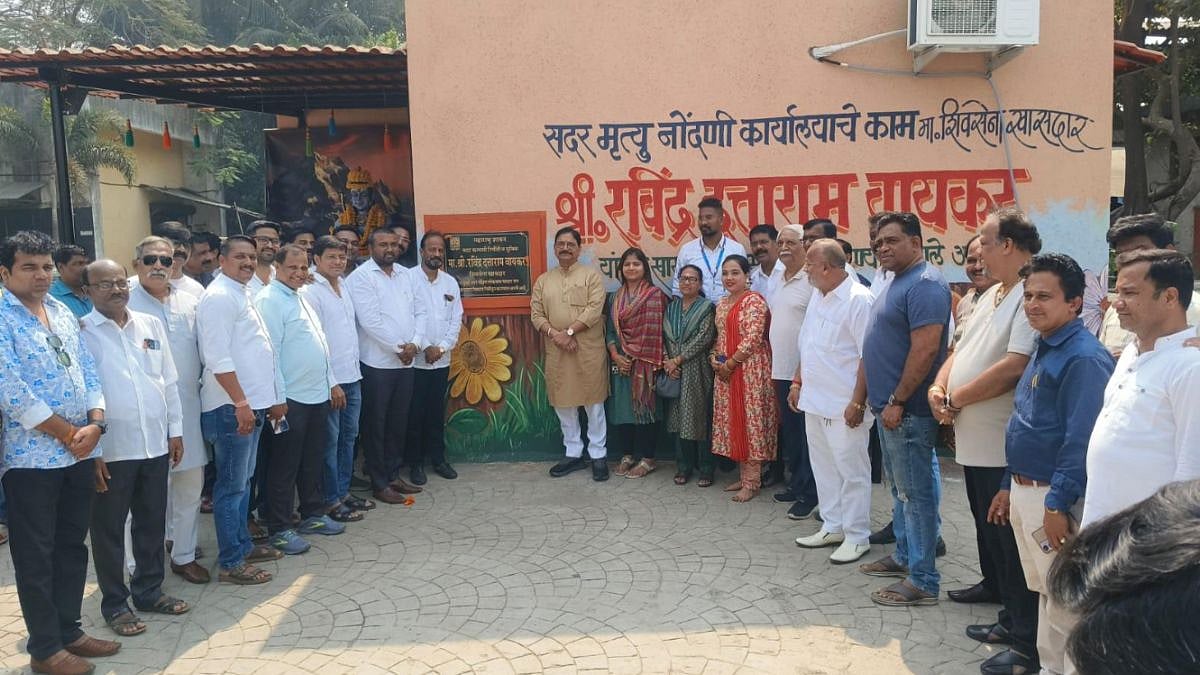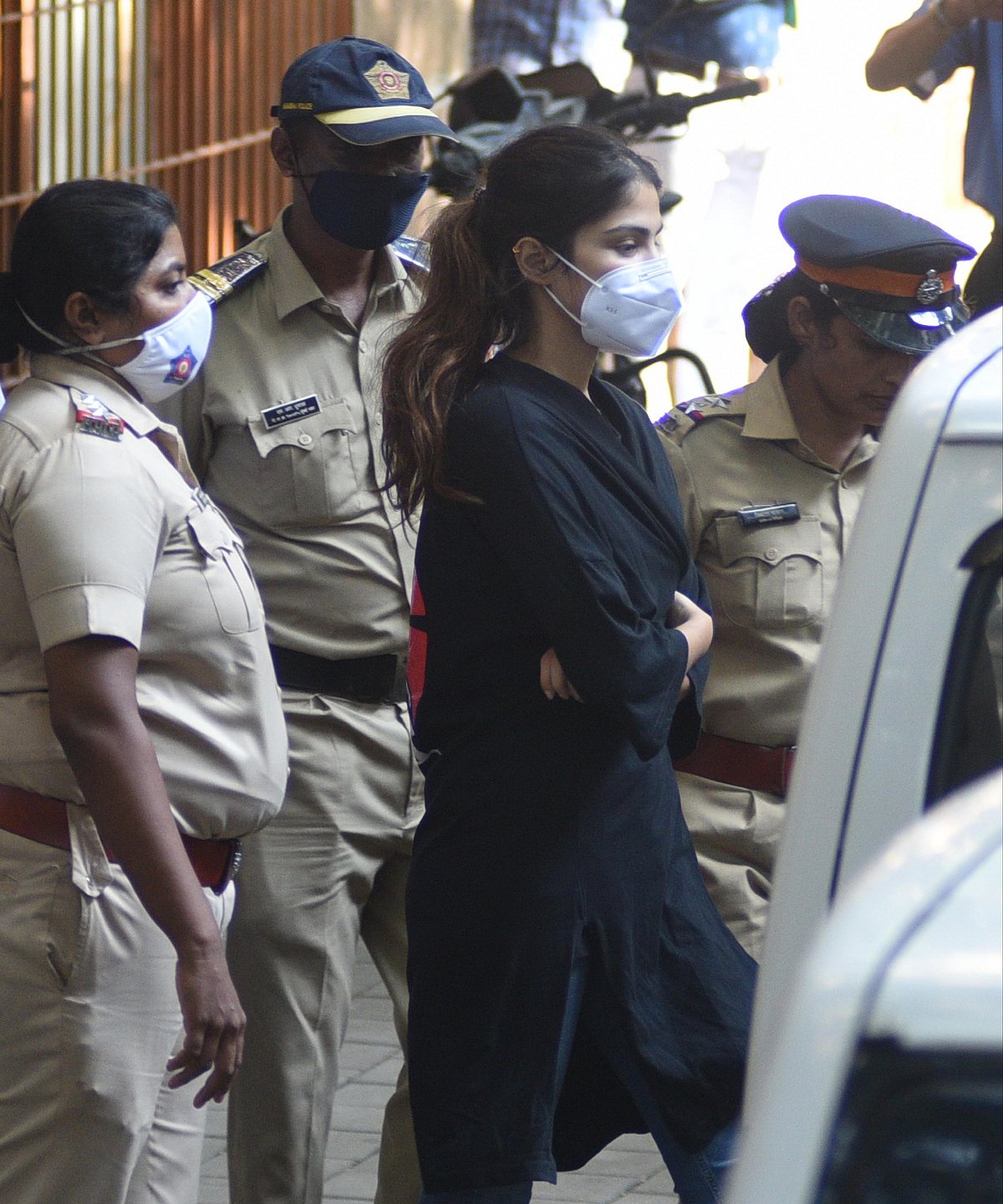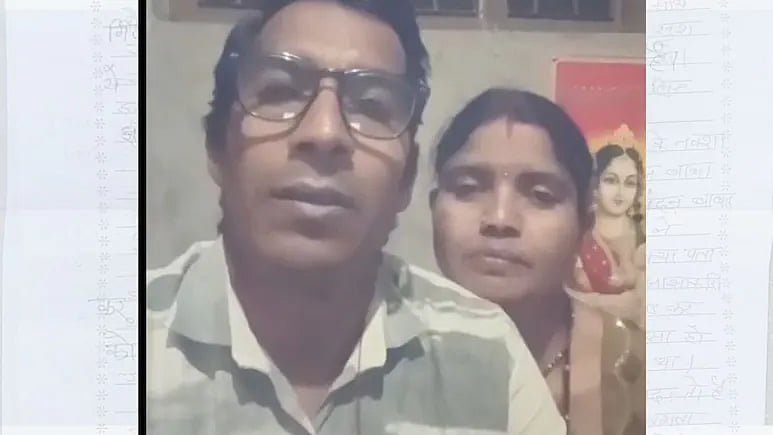On Tuesday, actor Rhea Chakraborty was arrested over alleged drug links pertaining to the death of Sushant Singh Rajput. Having been arrested by the Narcotics Control Bureau (NCB), she was then remanded in judicial custody for two weeks.
What has Rhea been charged with?
After being questioned for three days by the NCB Rhea was arrested under sections 8(c), 20(b), 27(a), 28 and 29 of the Narcotic Drugs and Psychotropic Substances Act (NDPS) which deal with violations pertaining with banned narcotic drug or psychotropic substances.
It must be mentioned that while a total of 59 grams of curated marijuana was found on two other arrested individuals, no drugs have been recovered from Rhea. The NCB investigation revolves around the alleged procurement of drugs by Rhea and Showik and the agency claims that they are linked with those earlier arrested in the case.
What happened after her arrest? What is judicial custody?
Following her arrest and all relevant formalities, Rhea was taken for a COVID-19 test and a medical check-up. Later on Tuesday she was produced before a magistrate court in Mumbai. The NCB had sought judicial custody for 14 days before the court through video-conferencing, and subsequently she was sent to judicial custody.
What is judicial custody?
To quote a pdf uploaded to the district ecourt government website, the word 'custody' means apprehending someone for protective care. The words "custody" and "arrest" are not synonymous and furthermore, people can be remanded in police or judicial custody. Some, such as Rhea's brother Showik, can also be remanded in the custody of an investigative body such as the NCB.
While police custody means that the police has the physical custody of the accused, judicial custody means an accused is in the custody of the concerned Magistrate. In former, the accused is lodged in police station lockup while in latter, it is the jail.
During judicial custody, the police officer in charge of the case is not allowed to interrogate the suspect. However, the court may allow the interrogations to be conducted if it opines the interrogation being necessary under the facts produced before the court.
What happens next for Rhea?
While Rhea was shifted to the Byculla jail on Tuesday, she has filed a bail plea before the sessions court on Wednesday, saying she feared for her life in jail. This will be heard on Thursday.
